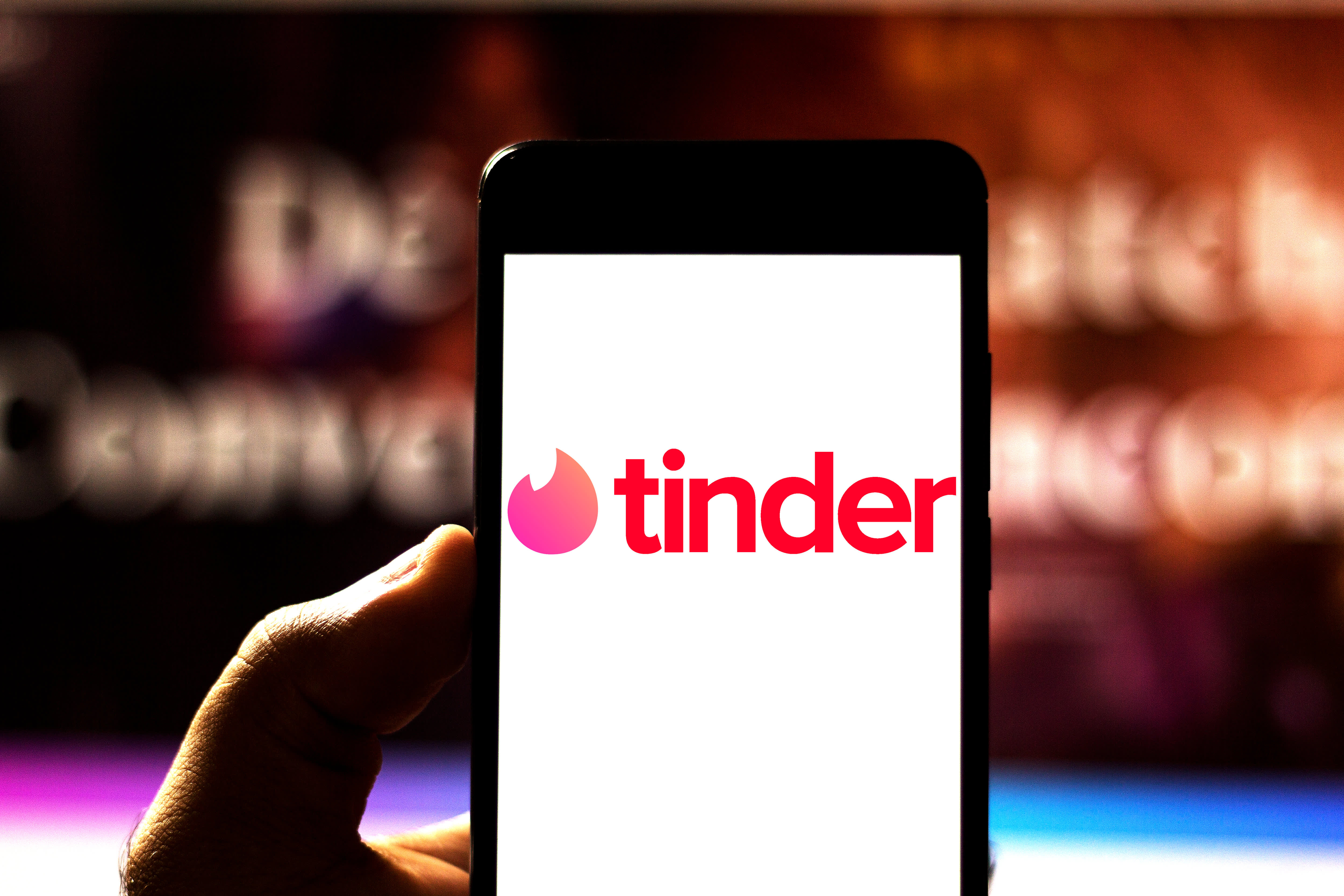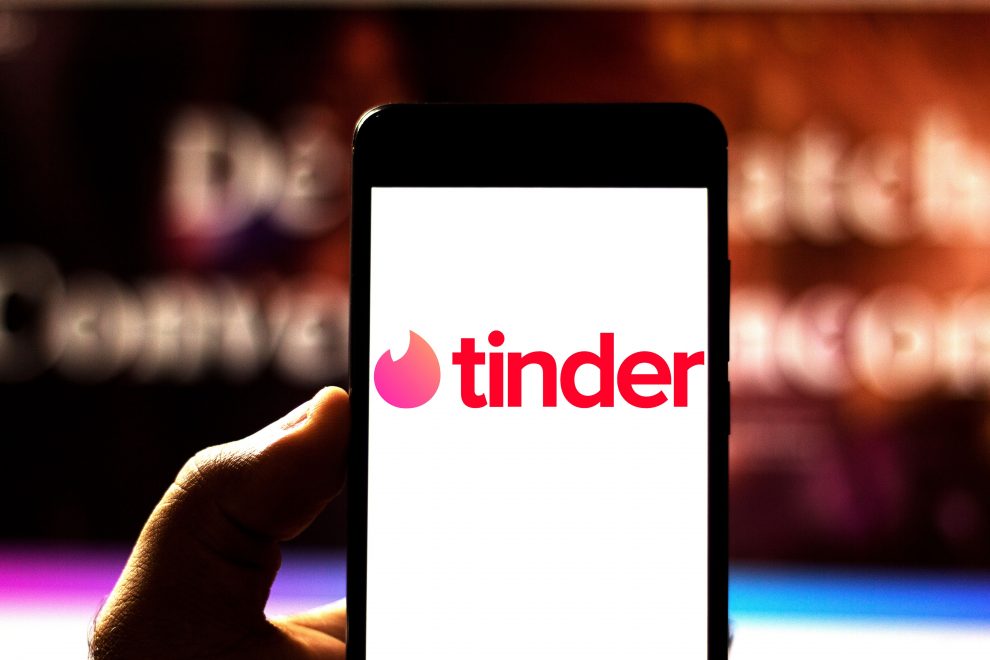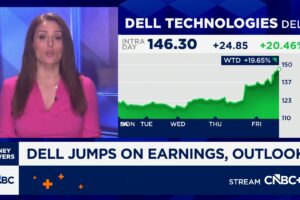
Tinder logo seen displayed on a smartphone.
Rafael Henrique | SOPA Images | LightRocket | Getty Images
IAC said Wednesday it’s exploring a possible distribution of its interests in Match Group and ANGI Homeservices to its shareholders. IAC shares rose as much as 6% in after-hours trading before settling on a slight gain.
In a letter to shareholders that coincided with the company’s June quarter earnings release, IAC CEO Joey Levin said the company was considering spinning out the two publicly traded subsidiaries, but that “we don’t yet know where that process will lead” and said it may ultimately choose to spin off both, one or neither company.
IAC owns 80% of Match Group, which includes online dating services providers like Tinder, Match, Hinge and OKCupid. IAC also owns 83% of ANGI Homeservices, which holds digital marketplace companies like Angie’s List and Handy.
“This isn’t just legalese to preserve IAC’s options with an expected outcome in mind – we sincerely haven’t yet decided what’s best,” Levin wrote. “But given the heightened interest in the topic among shareholders, we thought it appropriate to keep you apprised of our thinking before any more formal evaluation process is underway, and since that will commence shortly we decided to include that information in this update.”
This isn’t the first time IAC has made a move like this: More than a decade ago, IAC said it was spinning off HSN, Ticketmaster, Interval and LendingTree as separate publicly traded companies.
Levin said in the note that since the company is always evaluating the configuration of its portfolio, the exploration of the separation of Match and ANGI isn’t “really ‘news'”
“But given the healthy prospects for those businesses, we’re taking a fresh look at whether each business is prepared for separation from the IAC mothership, and expect to reach a conclusion in the coming months,” Levin wrote.
In a section about ANGI Homeservices, Levin wrote that the business is “big, healthy, growing business that’s a clear leader in an enormous category and gaining market share.” But the segment is behind where IAC wants it to be because of a “combination of issues around marketing and an increasingly tight supply of service professionals in certain categories.”
Those marketing issues included what Levin said was an unanticipated increase in the cost of customers from Google, its largest source of traffic. He wrote that free and paid customers from Google account for just under 40% of service requests, but along with Google devoting more page real estate to Google products. He said another recent issue was ANGI “tripping over [its] own feet” in terms of Google’s ecosystem.
“When we cut spend in 2018 due to the tidal wave of consumer demand from the integration with Angie’s List, we lost the rhythm on our search engine marketing spend and turned our attention to other areas,” Levin wrote. “This became all too apparent midway through the quarter when Google released a change that resulted in a pronounced shift of clicks from free to paid, and we weren’t prepared to absorb it. As a result, users arriving to our properties through Google’s unpaid search results were down from the prior year, while users arriving through paid search results were up substantially, but considerably more expensive.”
Levin wrote that the decreased marketing efficiency will be a drag on this year’s figures, but said the company is adjusting and replacing its search engine marketing systems with “strong early results.” The company is also focusing on pre-priced services, since it has seen that its service professionals using on-demand products like “instant book” see higher win rates and retention.











